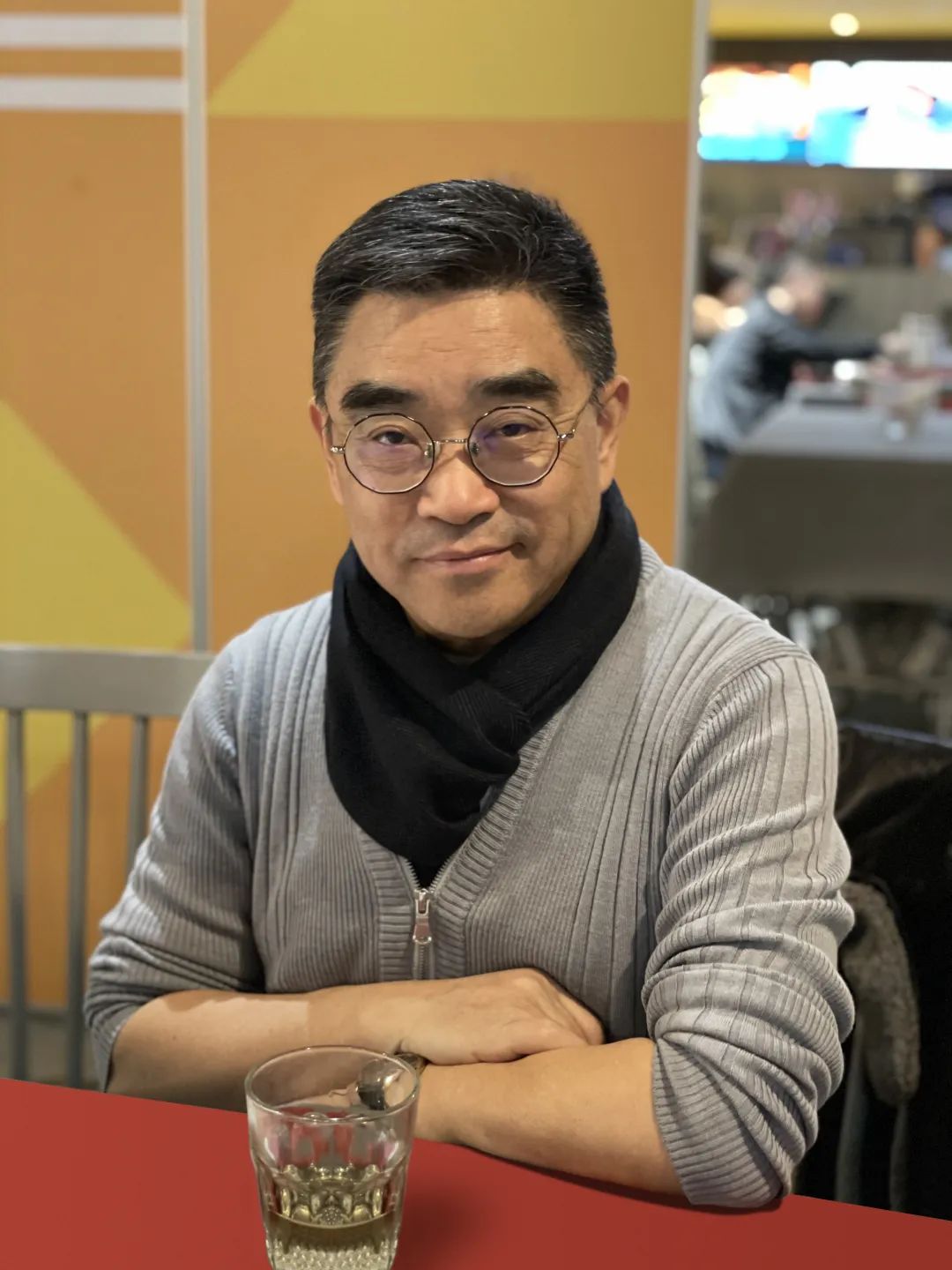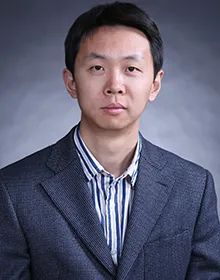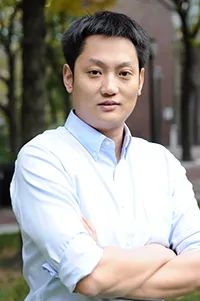On January 29, 2024, the Management Science Department of the National Natural Science Foundation of China (NSFC) announced the performance evaluation results of completed projects. The NSFC projects undertaken by professors Liu Guoen, Li Lixing, and Hu Ju from the National School of Development at Peking University were all rated as "Excellent."
Brief information about the projects led by the three professors is below:
Professor Liu Guoen's NSFC project: "China Hospital Management Intervention Experiment Based on the World Management Survey (WMS)" (Grant No. 71773002).
Professor Li Lixing's NSFC project: "Hierarchy Affiliation, Group Holdings, and Efficiency of State-Owned Enterprises: A Perspective Based on Information and Networks" (Grant No. 71773004).
Associate Professor Hu Ju's (tenured) NSFC project: "Consumer Search and Optimal Information Design" (Grant No. 71803004).
The Management Science Department has been conducting performance evaluations of completed projects, comprehensively assessing the quality and level of completion of NSFC projects, since 1998. After reviewing the research outcomes of the evaluated projects, considering expert opinions from peer reviewers, discussing, and evaluating, the evaluation experts determine the rating of each project as "Outstanding, Excellent, Good, Fair, or Poor." The evaluation results are also linked to subsequent funding decisions to encourage state-of-the-art scientific research.
Brief introduction of professors Liu Guoen, Li Lixing, and Hu Ju:

Liu Guoen is currently the Dean of the Institute for Global Health and Development at Peking University, a Boya Distinguished Professor at the National School of Development, and the Director of the China Center for Health Economics Research. He also serves as a member of the State Council's Expert Advisory Committee on National Health Reform, a member of the Chinese Academy of Medical Sciences, and an Associate Editor of the international English-language academic journal "Health Economics" (SCI). He has previously taught full-time at the University of Southern California, the University of North Carolina at Chapel Hill, and the Guanghua School of Management at Peking University. Additionally, he has served as the President of the Chinese Economists Society in the United States and as the inaugural President of the Asia-Pacific Federation of the International Society for Pharmacoeconomics and Outcomes Research (ISPOR).

Li Lixing is currently a Boya Young Scholar and Professor of Economics at the National School of Development at Peking University, as well as the Director of the China Public Finance Research Center. He also serves as the Executive Editor of the international edition of the journal China Economic Quarterly International (CEQI). He has received several honors, including the Ministry of Education's Humanities and Social Sciences Research Outstanding Achievement Award, Peking University's "Huang Tingfang/Xinhe" Outstanding Young Scholar Award, the Peking University Founder Award for Teaching Excellence, and the Peking University Teaching Excellence Award. He has also been appointed as a Changjiang Young Scholar by the Ministry of Education.

Hu Ju is currently an Associate Professor of Economics (tenured) at the National School of Development at Peking University and the Associate Editor of the Chinese edition of the journal China Economic Quarterly . He received his Ph.D. in Economics from the University of Pennsylvania in 2016. His primary research areas are microeconomic theory, game theory, and information economics. His research has been published in top journals in the field of economic theory, such as The Journal of Economic Theory and The Rand Journal of Economics . He teaches undergraduate courses in "Intermediate Microeconomics" and "Game Theory" as well as a graduate course in "Advanced Microeconomics II."